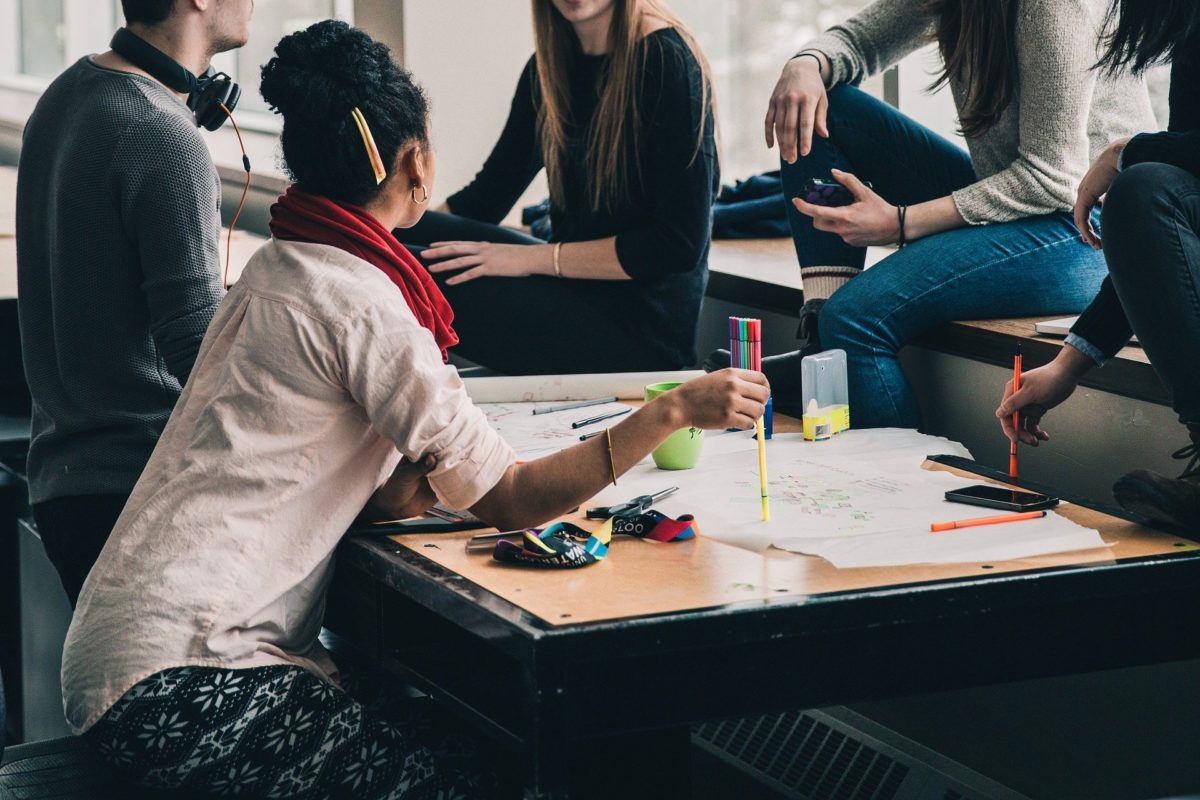The thematic discussion on the topic Capacity Building of VET STAFF was moderated by Ms Darina Petrunova and Mrs Vanya Neycheva from European Center for Quality, Bulgaria.
In total 5 good practices -2 from Bulgaria and 3 from Belgium were presented. The good practices were related to the improvement of VET staff skills through participation in international teaching activities and working meetings and structured VET trainings.
- Good practice 1 – Vocational High School of Electrical Engineering, Galabovo, Bulgaria
In February 2020 the team of the school held a working meeting with teachers from the Edirne Vocational High School in Turkey. Some specifics of the Turkish educational system were also highlighted and the teachers exchanged different ideas and best practices of teaching methodologies and techniques in the field of Electrical engineering.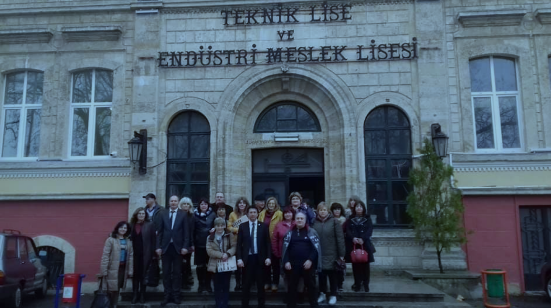
- Good practice 2 – Diagnose Car – Connectief, Belgium
It is a collaboration between the private sector and the ministry of education. In this project, private companies give access to the schools to a variety of modern cars with network technology, diagnostic equipment and technical data. All participating teachers receive Train the trainer sessions depending on the cars.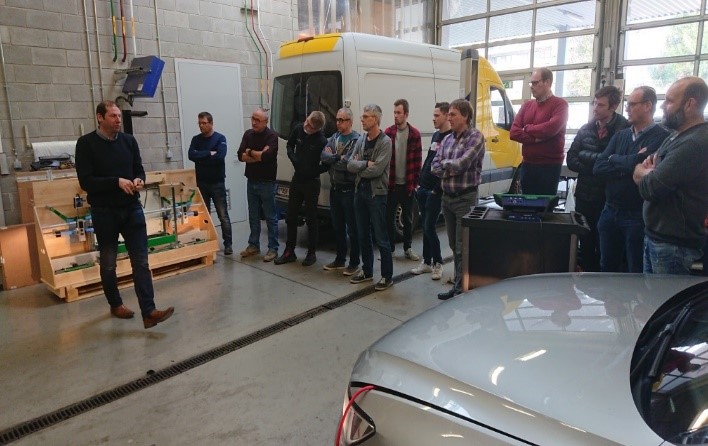
- Good practice 3 – RTC East-Flanders, Belgium
RTC main objective is to activate and reinforce cooperation between education, companies and other labor market actors by connecting schools and businesses, sharing technology infrastructure and equipment and competence enhancement of teachers and students. - Good practice 4 – CREATE project, Syntra West, Belgium
The project aimed to organize 6 mobilities placement for 20 Belgian teachers in Barcelos, Portugal in the summer of 2019. The focus at CRE-ATE is on ICT-supporting teaching and the train-the-trainer principle. The project goal is not only to provide teachers with ICT skills, but also to give them a practical approach by using coaching methodology.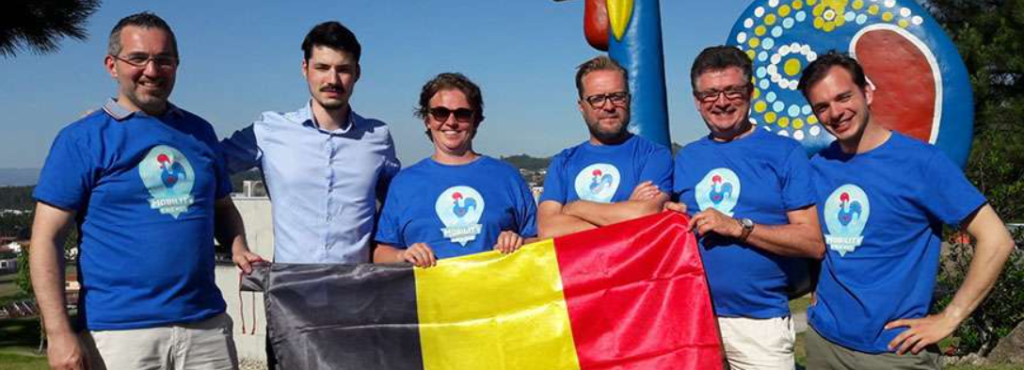
- Good practice 5 – FUTURE FOR US, Bulgaria
The project was implemented by the Vocational high School of Construction and Woodworking ” Nedyo Ranchev “Stara Zagora and the teachers conducted a training placement in Barcelona in 2019. The main aim was to stimulate the use of digital methods by studying and introducing innovative pedagogical approaches and setting up a mediation team at school to reduce aggressive events, conflict situations and the number of dropouts of school children.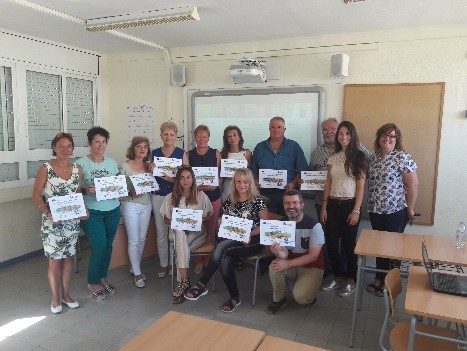
The thematic room gathered in total of 33 participants – many VET teachers, project coordinators; 3 management representatives and other stakeholders. Representatives from Belgium, Italy, Bulgaria, Albania, Ukraine joined the discussion. According to the participants the most suitable types of staff, mobilities are structured VET training and job shadowing. Moreover, 22 participants responded and highlighted that the main obstacles they face for participating in VET staff mobility projects are the language barriers and insufficient opportunities.
To conclude it can be stated that the content presented during the event was engaging and beneficial for the participants and space for networking was provided.

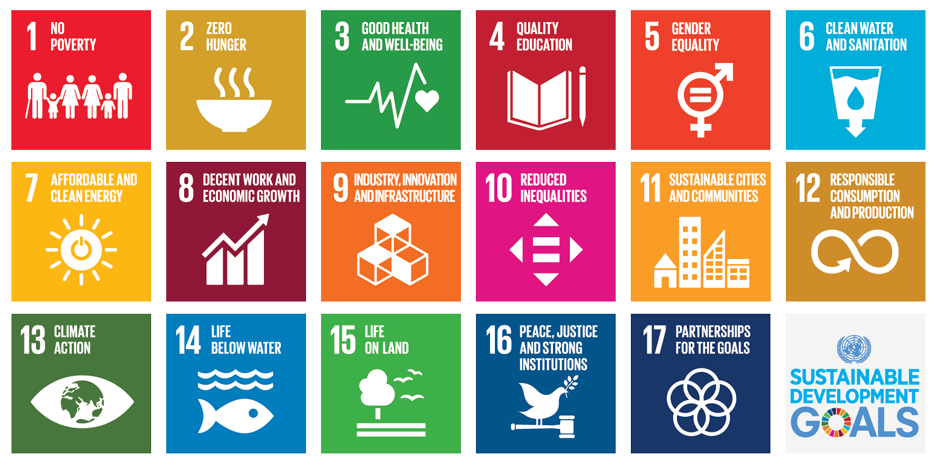



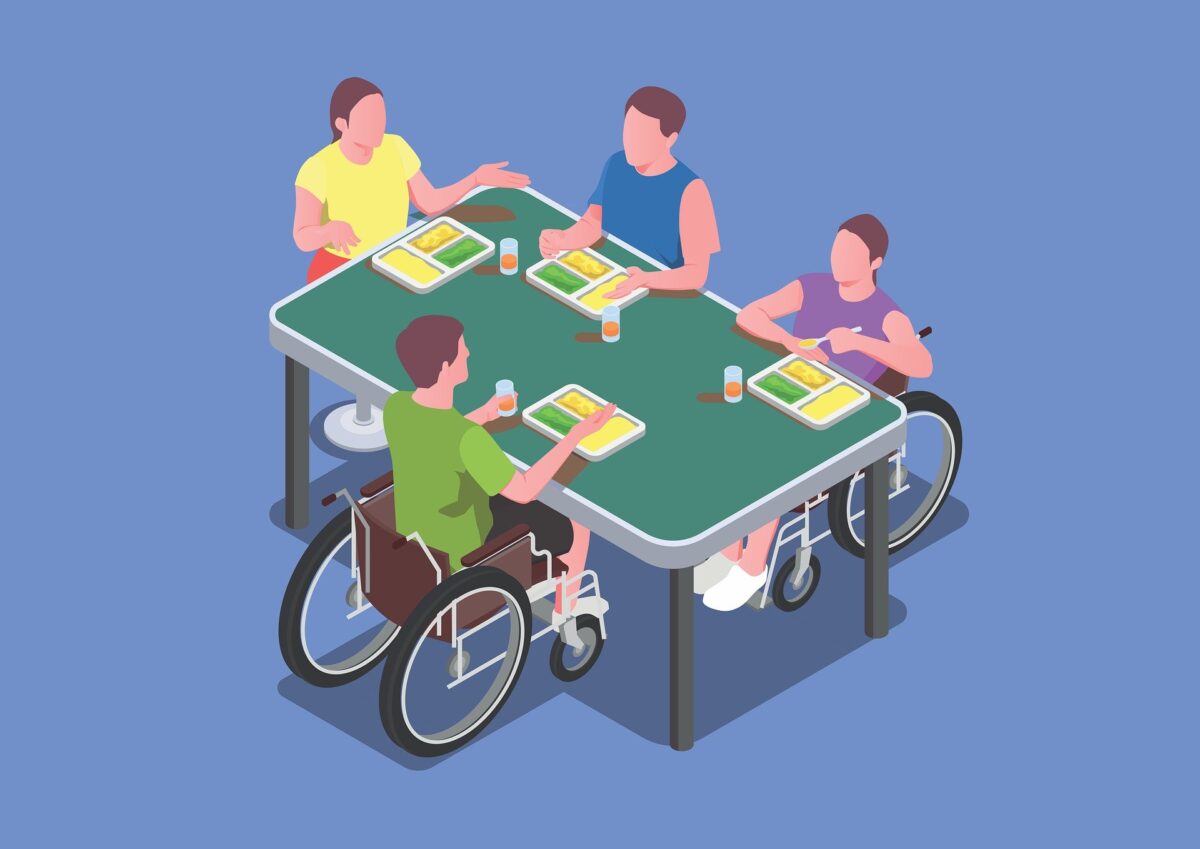
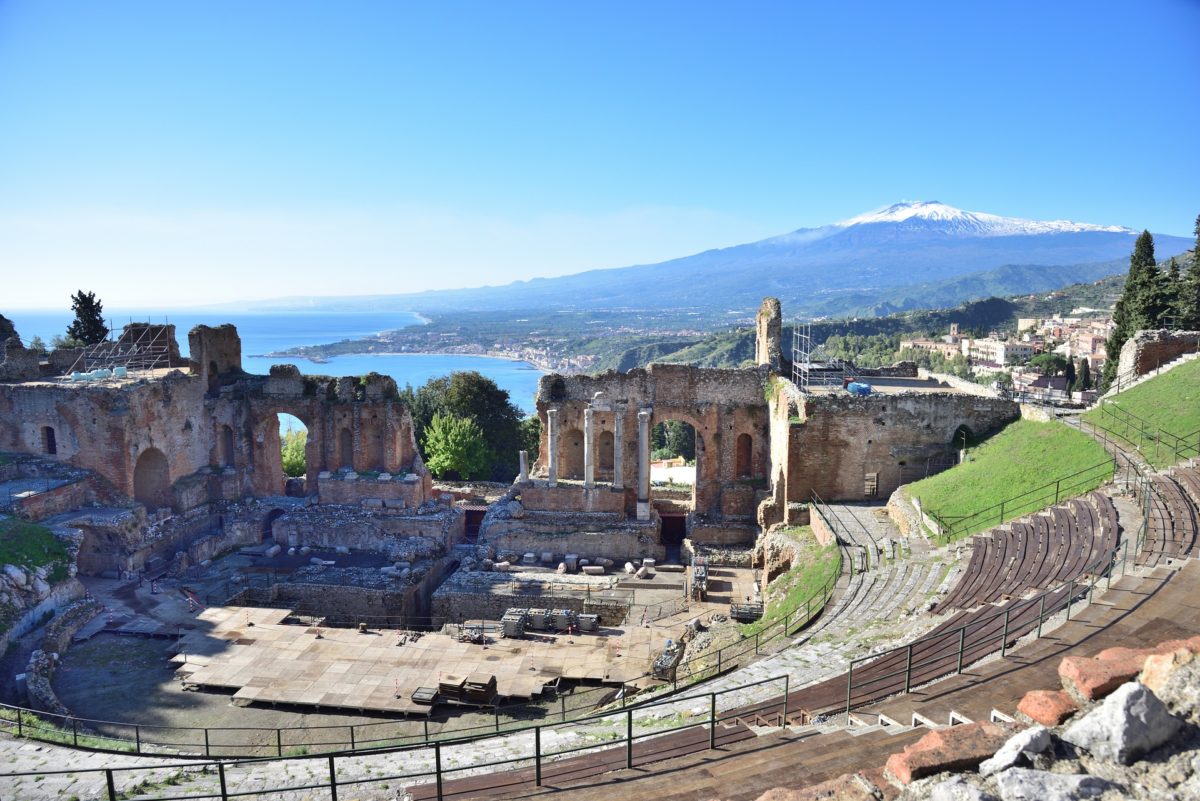
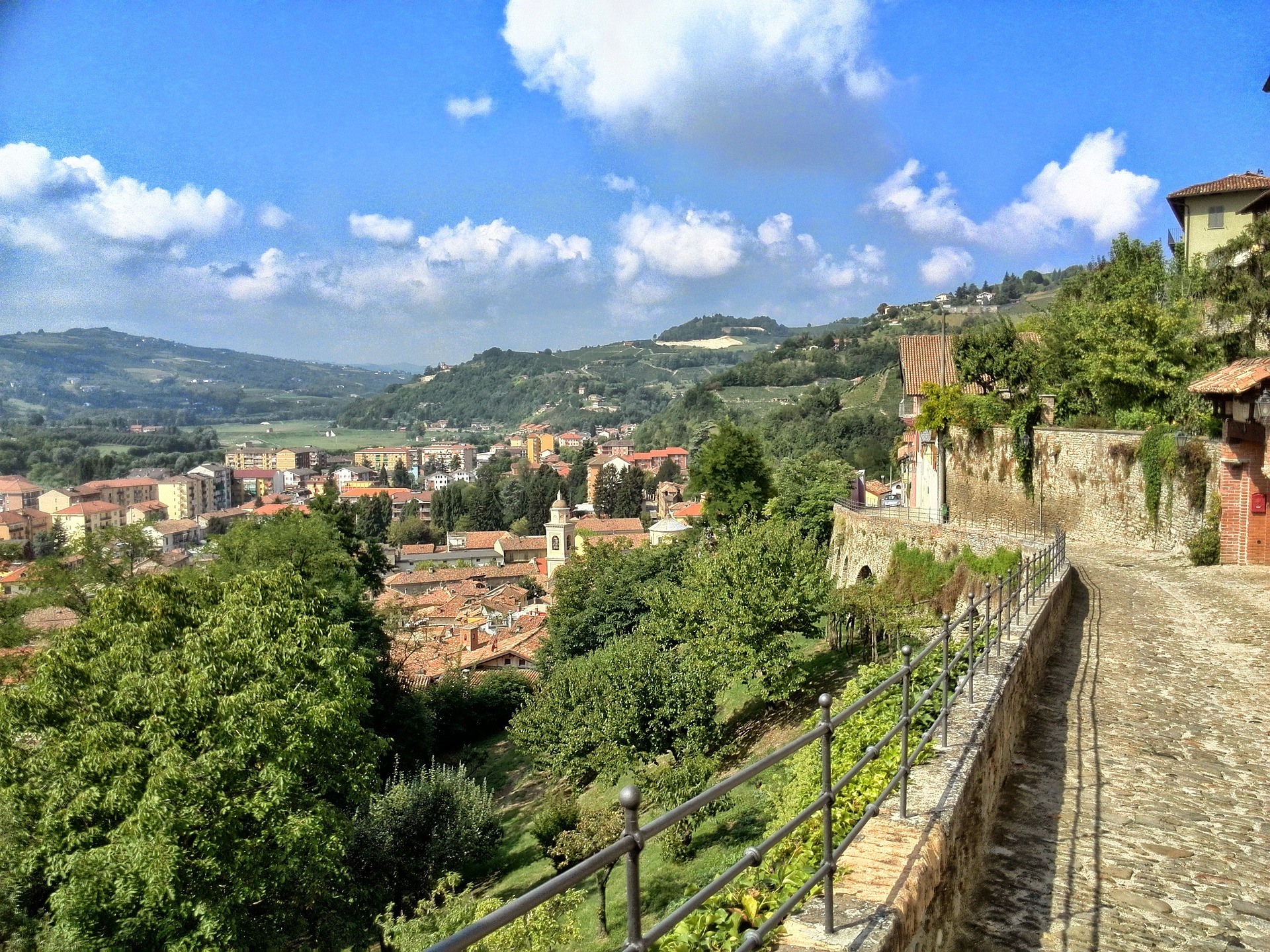 Ph: Piedmont
Ph: Piedmont Ph: Umbria
Ph: Umbria Ph: Naples
Ph: Naples Ph: Sicily
Ph: Sicily
